The Bulldozer in the Countryside: Suburban Sprawl and the Rise of American Environmentalism
The concern today about suburban sprawl is not new. In the decades after World War II, the spread of tract-house construction changed the nature of millions of acres of land, and a variety of Americans began to protest against the environmental costs of suburban development. By the mid-1960s, indeed, many of the critics were attempting to institutionalize an urban land ethic. The Bulldozer in the Countryside was the first scholarly work to analyze the successes and failures of the varied efforts to address the environmental consequences of suburban growth from 1945 to 1970. For scholars and students of American history, the book offers a compelling insight into two of the great stories of modern times - the mass migration to the suburbs and the rise of the environmental movement. The book also offers a valuable historical perspective for participants in contemporary debates about the alternatives to sprawl.
{{comment.content}}
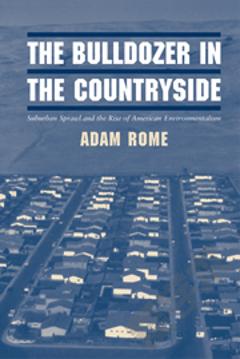

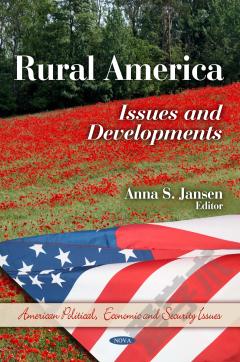
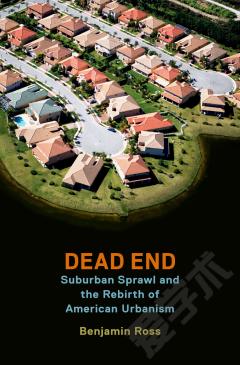
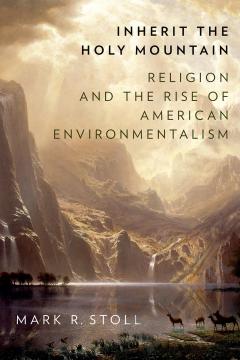
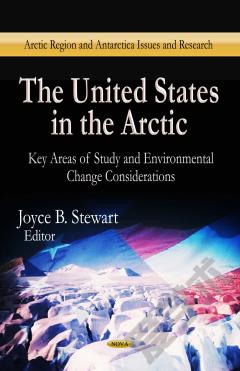
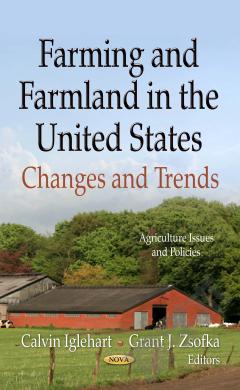

 京公网安备 11010802027623号
京公网安备 11010802027623号